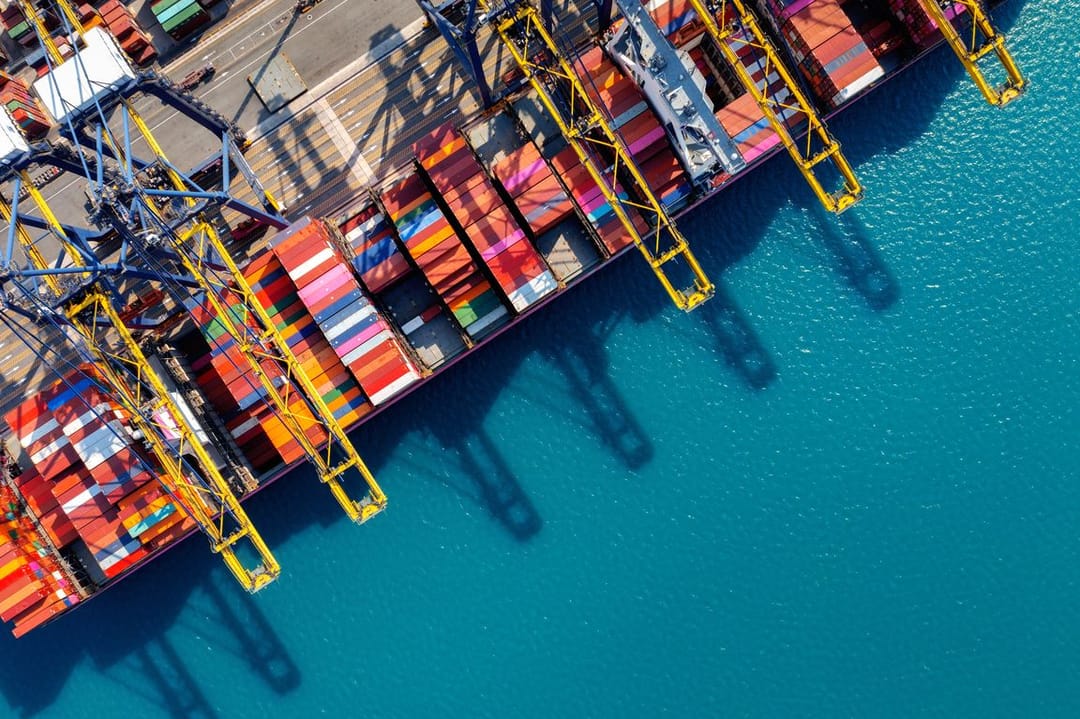Containers with or without cargo entering the port, cannot stay there for an unlimited amount of time without unloading and loading. That is, for a certain period of time, the vessel can stay in the port for free, but if loading and unloading operations have not begun after its expiration, a penalty or a fine is charged for each day of idle time, which is called demurrage. The time, that a ship can wait free of charge to be unloaded or loaded is called laytime. Everything in excess of this standard must be paid according to the tariffs, that the parties set in advance at the stage of drawing up the contract. The penalty for the delay in unloading/loading the ship is paid by the charterer (the one who hires the ship) to the shipowner.
This is done because, the owner of the vessel always bears significant financial costs for the maintenance of his fleet, even if the fleet consists of only one bulk carrier. The costs are made up of fuel purchases, maintenance, salaries of staff and employees. A ship idle in a port means not only wasted time, but also money.
Demurrage is calculated by the shipowner after the ship returns to the port of registry.
The concept of “detention” is somewhat related to demurrage, the only difference is, that it refers to a cargo container, and not to the ship as a whole. This is also a penalty, but for the delay of the rented container after its removal from the cargo terminal. After the delivery of the cargo, there is a certain time to return the already empty container to the owner. Accordingly, everything, that went beyond the set time is subject to a fine, which is called detention - for every day. The penalty is paid by the tenant of the container to its owner. A fine can be charged for both import and export of products. The size of the detention is also set at the time of drawing up the contract between the owner and the lessee of the container and depends on the type of container.
Sometimes there is a combination of demurrage and detention, and if an already loaded container is idle, and there was a delay in loading the vessel, detention is not charged, only demurrage.
Delays of a vessel or container can occur for various reasons, sometimes due to the fault of the lessee or charterer, sometimes due to other reasons.
Among the factors, that can lead to demurrage of a vessel or container are the following:
- delay in the preparation of documentation;
- incorrectly executed documents or their loss;
- possible problems during customs inspection;
- incorrect calculation of the time for the transportation of goods (if the distance between the starting and ending points is too large);
- lack of free places at the loading terminal.
The demurrage amount is not affected by problems related to the technical condition of the vessel.
In order to avoid possible problems with vessel demurrage in the port or delay of rented containers, it is necessary to carefully consider the route of cargo delivery and pay close attention to the preparation of accompanying documentation. The transport and logistics company Hazar logistik employs professionals with extensive experience in building working routes for cargo transportation by all modes of transport, including sea, and also processing all necessary customs and accompanying documents.
Sources: remedy.ru; tekoperator.ru; www.east-import.com
Also read:

